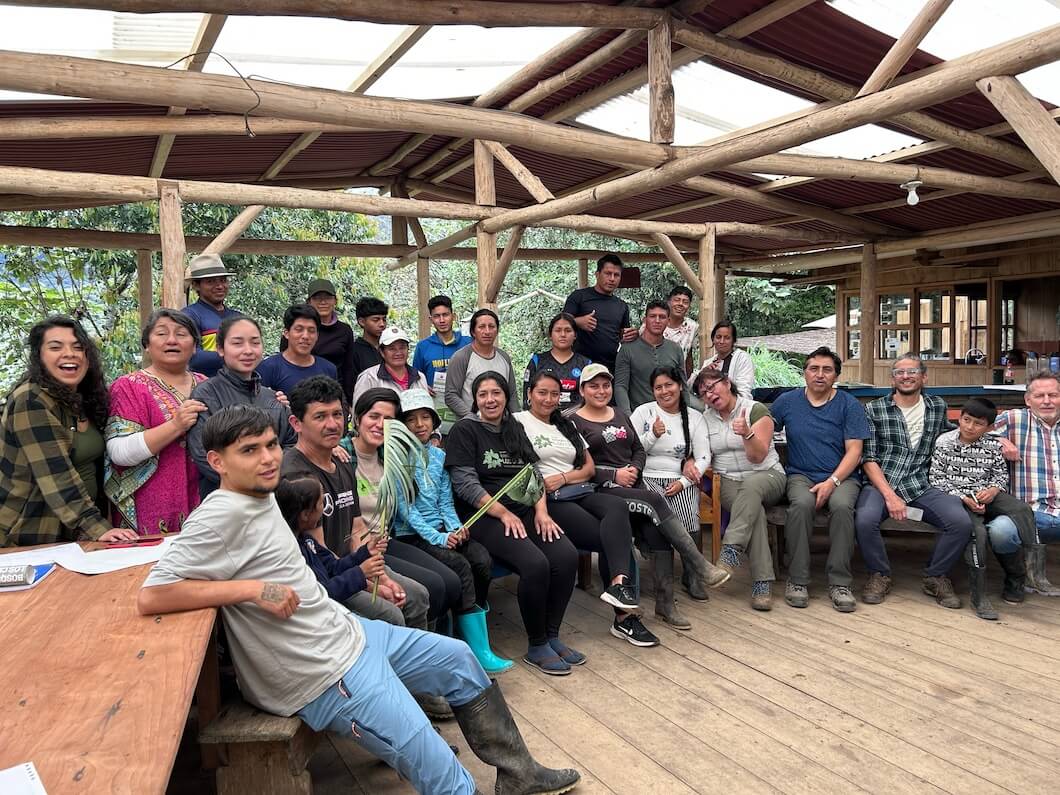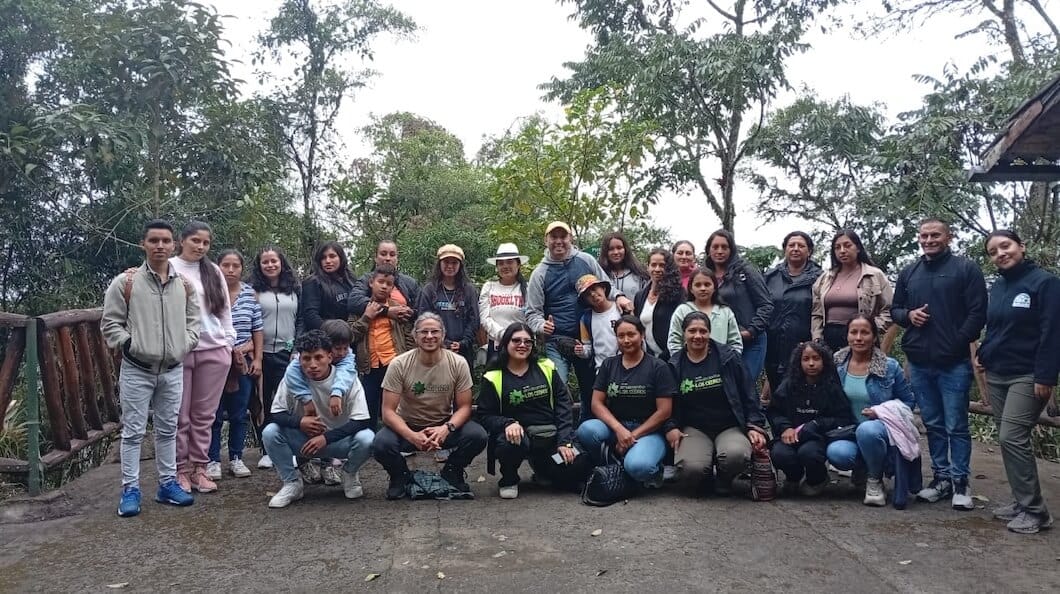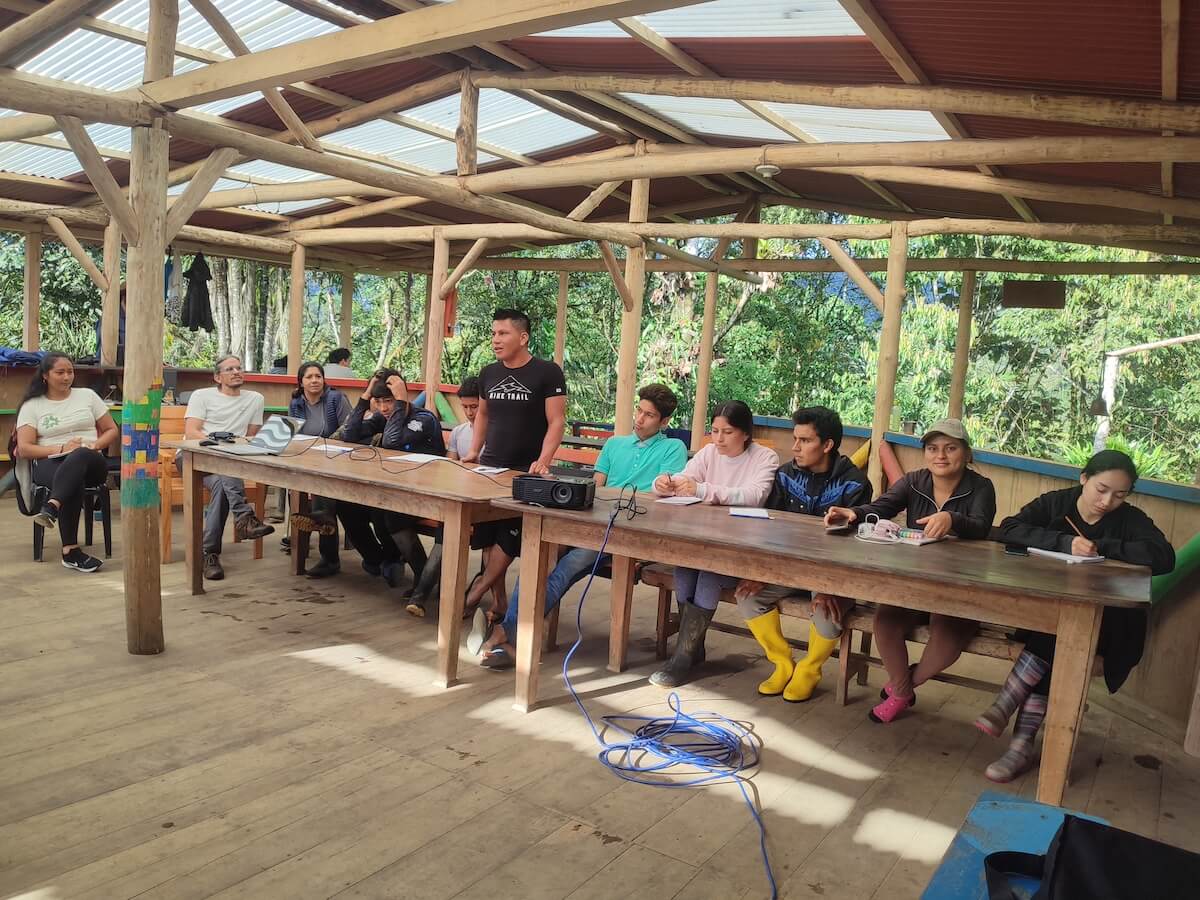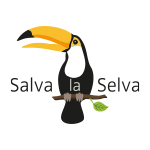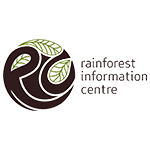by Monserratte Vásquez
Share
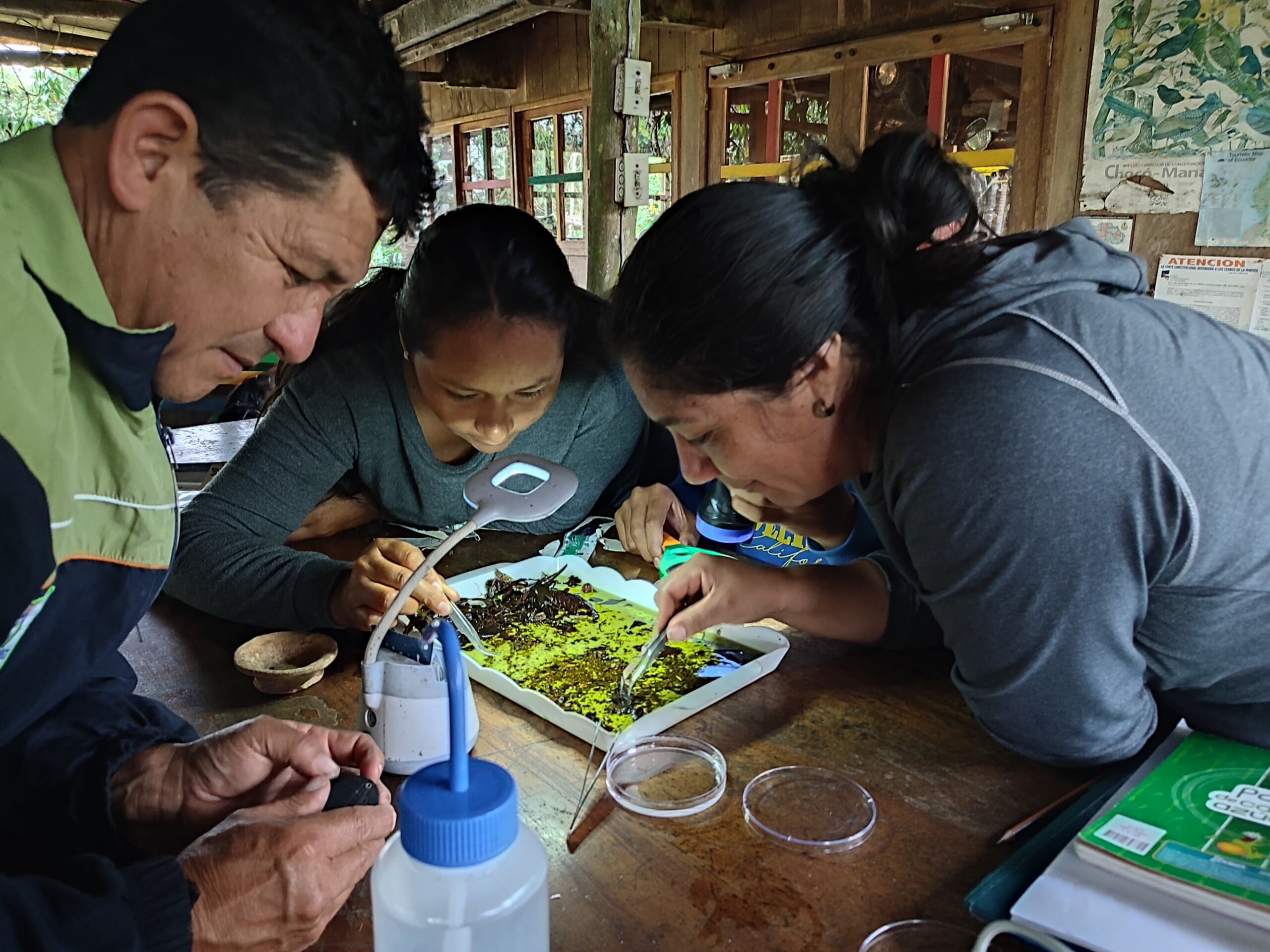
In the month of September, the Forest Ranger training course promoted by the Los Cedros Scientific Station began,
in which around 20 students are participating, a varied age group of men and women from the communities of the Los Manduriacos Valley and the Valle de Intag representatives of the ACUSMIT (Intag-Toisán Municipal Conservation and Sustainable Use Area.
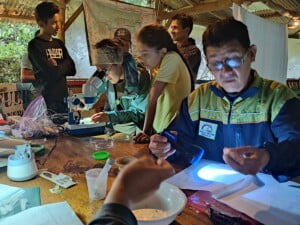
Through which capacities will be generated in community members to monitor water sources, recognize threats and propose solutions; operate camera traps to monitor wildlife; setting up camps and reconnaissance of the boundaries of the Los Cedros Protective Forest and finally first aid.
The workshops have been coordinated with a variety of key actors and institutions for this training process, such as Universities, conservation organizations such as Rainforest Concern, the Ministry of the Environment and the Red Cross.
In the month of December, about 20 community members will be at the service of conserving the last forests of Chocó.

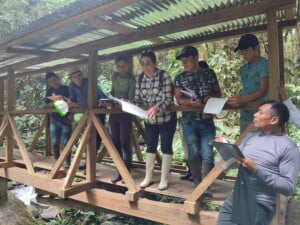
Related post
Within the framework of the Project “Preparing Civil Society for the Co-Management and conservation of the Los Cedros Protected Forest – KBA ECU 14” financed by the Critical Ecosystem Partnership Fund (CEPF), we held the introductory workshop on the Birds of the BPLC (KBA ECU14) and of Ecuador in March as part of the forest […]
Twenty community members from the Valle de Los Manduriacos, who are training to be forest rangers, participated in the territory and participatory mapping workshop held in March. The workshop consisted of two phases: the first focused on political mapping, led by José Cueva, a member of the CIPBAT team, and the second on social mapping […]
Representatives from the Los Cedros Forest communities visited Yunguilla to learn about sustainable development, organization, and collective hope. Author Jose Cueva
In February, the second phase of the Community Forest Ranger Training Program began, with 10 young adults from last year’s program joined by 10 new young adults from the communities surrounding the Los Cedros Protected Forest, including Brillasol, Magdalena Alto, Chontal, Magdalena Bajo, Pueblo Unido, Paraíso, Río Verde, Villaflora, and Cielo Verde. Each council received […]

